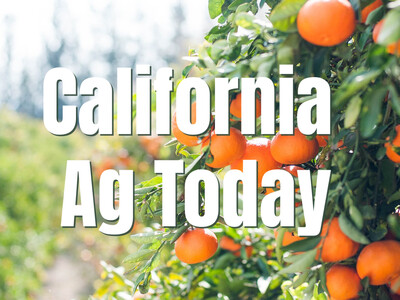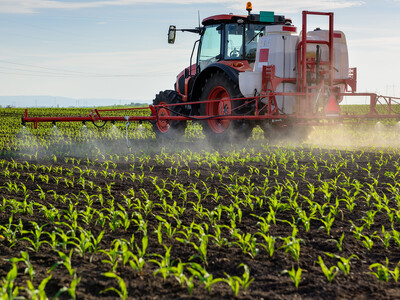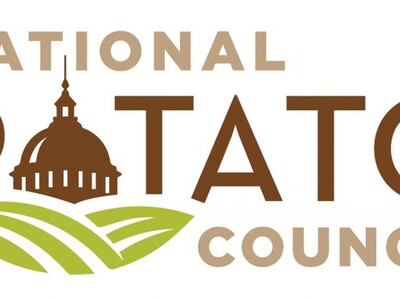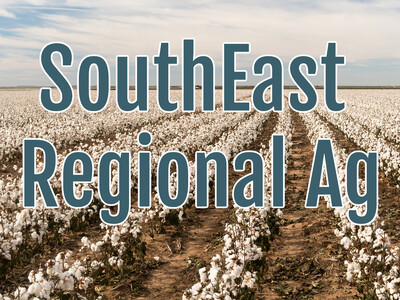NRCS Idaho Accepting Applications
The U.S. Department of Agriculture (USDA) is accepting applications from agricultural producers and forest landowners from Idaho for several Farm Bill Programs. These include specific applications for:The Environmental Quality Incentives Program (EQIP)
Sage Grouse Initiative projects
Water Management Entity-water conservation (for submitted proposals)
Water Smart projects participating in the Preston East Lateral Area, King Hill Irrigation District, St. John East Lateral Area, and Twin Falls Service Area
Joint Chiefs Landscape Restoration Partnership projects in the North Fork, Goose Creek, Scattered Lands, & Wood River project areas
Cheatgrass Challenge projects in the Reynolds Creek, Lower Birch, Grassy Ridge/Sand Creek, & Lemhi-Upper Birch project areas
EQIP Conservation Incentives Contract (CIC)
The Regional Conservation Partnership Program (RCPP)-EQIP
While USDA’s Natural Resources Conservation Service (NRCS) accepts applications for Farm Bill programs year-round, Idaho producers and landowners should apply by April 29 to be considered for funding in the Fiscal year 2022 cycle. Applications received after the ranking date will be considered during the next funding cycle. Funding is provided through a competitive process.
State Technical Committees, composed of conservation and agricultural-related agency and organization representatives, work with NRCS to identify resource priorities and how best to address them. NRCS then sets state-specific, ranking dates to evaluate applications for funding that account for producer needs, staff workload and ensure potential participants have ample opportunities to apply. Find Idaho ranking dates for these Farm Bill conservation programs at www.nrcs.usda.gov/staterankingdates.
EQIP offers agricultural producers financial and technical assistance. EQIP offers conservation practices to help producers make improvements, including enhancing water and air quality, conserving ground and surface water, reducing soil erosion and sedimentation, or enhancing wildlife habitat. Initiatives funded under EQIP include Sage Grouse Initiative, Cheatgrass Challenge, Water Management Entity-water conservation, Water Smart, and Joint Chiefs.
EQIP CIC is considered a stepping-stone between EQIP and the Conservation Stewardship Program (CSP) as it doesn’t have to be implemented on the entire agricultural operation but is a 5-year contract. Applicants must apply the list of Climate Smart Practices to treat Resource Concerns established for Idaho in the high priority area. For Fiscal Year, 2022 the entire State of Idaho is considered a high priority area and the following Resource Concerns must be addressed with Climate Smart Practices and others. Below are examples:
Cropland
Soil Quality Limitation
Field Sediment Nutrient and Pathogen Loss
Wind and Water Erosion
Rangeland, Pastureland, and Forest
Soil Quality Limitation
Degraded Plant Condition
Terrestrial Habitat
Associated Ag Land and Farmstead
Degraded Plant Condition
Pest Pressure
RCPP is a partner-driven approach to conservation that funds solutions to natural resource challenges on agricultural land. By leveraging collective resources and collaborating on common goals, RCPP demonstrates the power of public-private partnerships in delivering results for agriculture and conservation.
To apply for any of these Farm Bill Programs, contact NRCS at your local USDA Service Center. Find your local Service Center at www.farmers.gov/service-locator. Service Center staff continue to work with agricultural producers via phone, email, and other digital tools. Because of the pandemic, some USDA Service Centers are open to visitors on a limited basis. Contact your Service Center to set up an in-person or phone appointment. On farmers.gov, you can create a secure account, apply for NRCS programs, electronically sign documents and manage your conservation contracts.













